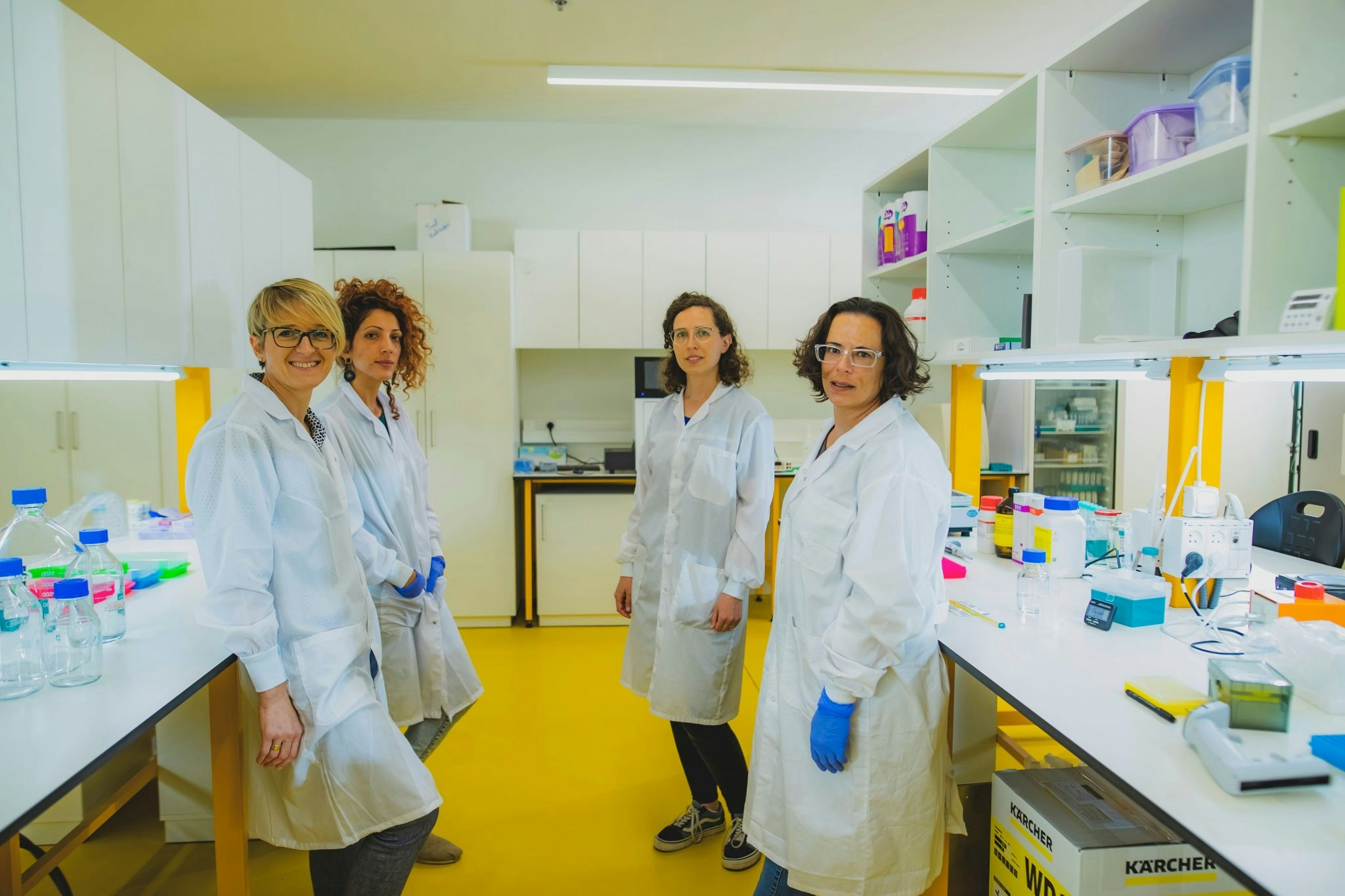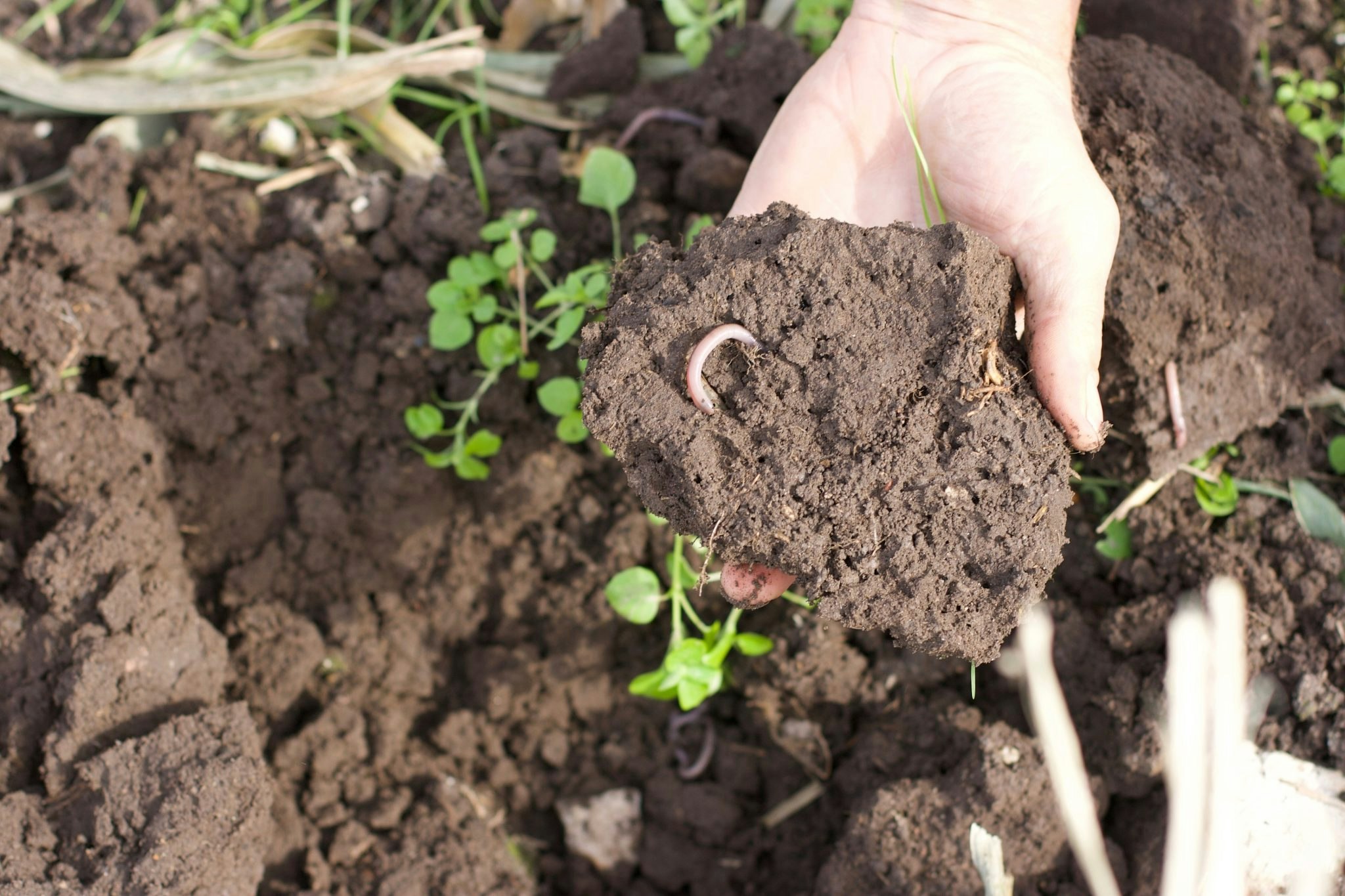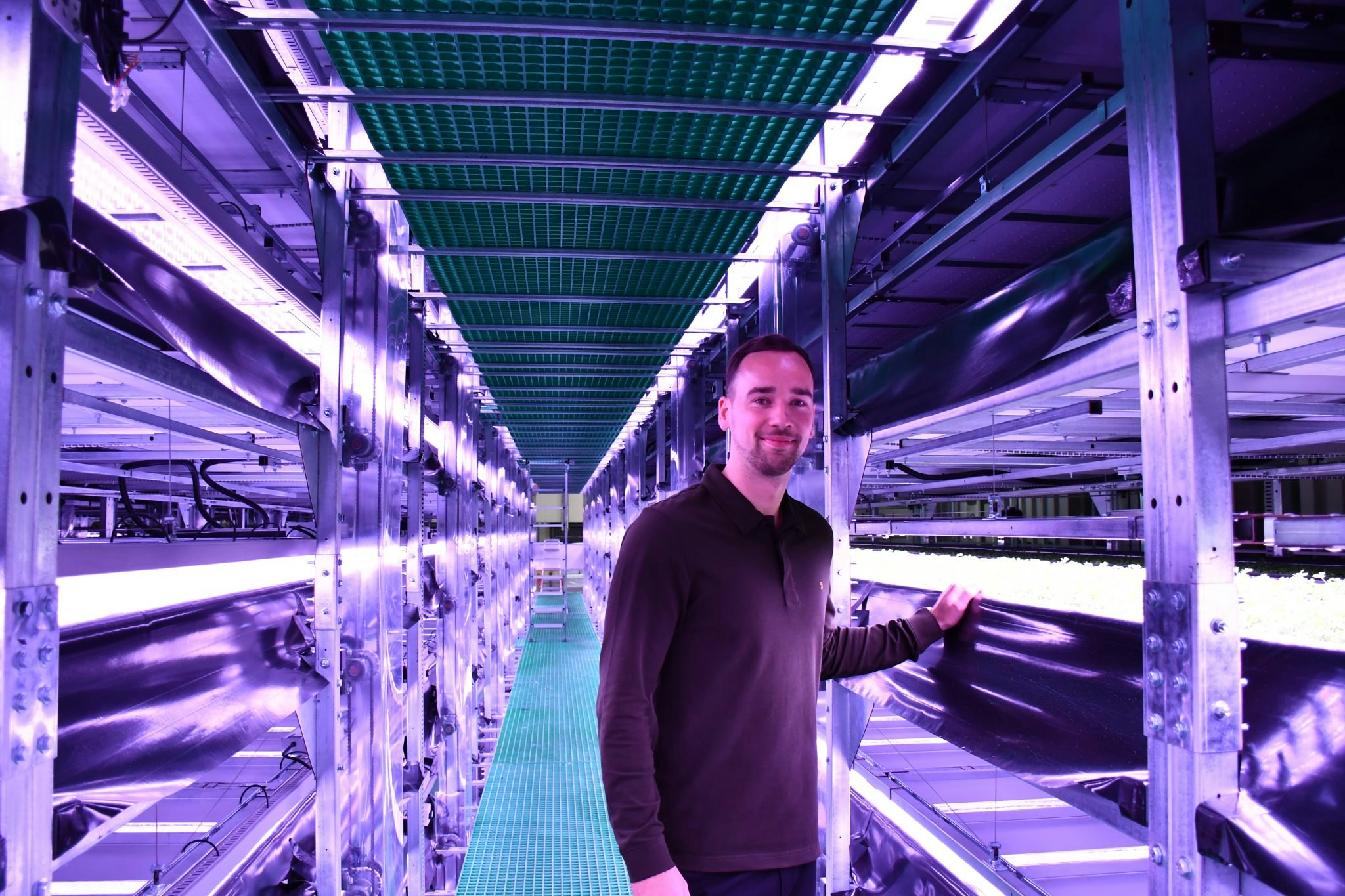Welcome to The Big Idea, where each week we pick a company with a weird, wacky or gamechanging notion that could have a massive impact on the world around us.
Next up is a company using AI algorithms to breed more sustainable and cheaper crops: an idea they say could change the way the world eats.
Despite recent innovations in agriculture, farmers still largely breed food crops using trial and error.
Israeli startup Equinom wants to change that, using AI to select the best genes from each plant and then using an algorithm to predict what outcomes that combinations will produce.
The startup, which already has produced 100k acres of specialised crops, announced on Tuesday a $20m Series C round led by Phoenix.
The company has big ambitions. “I’m not here to sell burgers to San Francisco's tech community,” says Gil Shalev, the company’s founder. “I'm here to feed the world.”
What problem does it solve?
A lot of the crops we eat today are varieties that were chosen and perfected based on their suitability for the animal-feed industry, Shalev explains.
“Most of the grains produced globally are for the feed industry, because they’re the ones consuming most of agricultural production,” he says. “The food we’re eating today is basically bred for feeding cows, pigs and chickens. That’s the major goal of the seed business.”
That means the crops have been chosen for their yield, rather than for their flavour or nutritional value.
As more and more people turn to plant-based diets, the goal of the seed industry has changed from producing crops for feed, to producing crops that humans will eat directly. Suddenly, crops’ taste, flavour and nutritional value are at the forefront of the industry’s agenda.
The problem the industry faces is that breeding for specific traits with current methods can take a long time.
How does it work?
Equinom works with international food companies, who’ll come to the startup requesting a particular crop.
It has a gene bank of seeds, with each plant variety’s genetic makeup mapped so it can be selected based on its functionalities and attributes.
“We basically have a kind of Google database of an Amazon warehouse of seeds,” says Shalev.
Equinom then uses an AI algorithm to predict the outcomes of crossbreeding certain plants together. This means they can speed up the process of creating an ideal variety, because they don’t need to actually grow every specimen and test it.
The process is about using the genetic qualities that today’s crops already possess, and using AI to pick out the specific ones that are needed.
“You can find the qualities we’re looking for in food going back 200 to 300 years ago,” Shalev says, “but the problem is the industry had a goal of breeding for yield, so breeders didn't grab traits like flavour and nutritional value and they’ve been neglected after 200 years of breeding.”
We can now go back and find those traits. “The only problem, then,” Shalev says, “is that you don't want to wait 200 years to use conventional breeding technologies to introduce a new product: that will not work. Technology enables you to do it in two to three years.”

What are the benefits?
Increasing the nutritional value of crops has multiple benefits, Shalev says. Take pea protein, for example — a crop that’s central to the growing alternative meat industry and one that Equinom has already worked on.
Conventional pea protein plants have a lower protein quantity than Equinom’s AI-bred version — so producing a metric tonne of pea protein using the startup’s seeds costs around $2k compared to the $5k industry standard.
Using a crop with a higher protein value to start with also means company’s can spend less on building processing factories, because the process itself is less intensive.
At present, the extraction process to take protein from standard pea protein crops with a low protein value takes a lot of electricity — Shalev says it can mean the end product has the same carbon footprint as eating chicken.
Equinom’s crop needs less intensive processing, which means a lower carbon footprint, as well as less additional ingredients added to the end product.
What are the downsides?
Equinom is about accelerating the natural crossbreeding process that farmers have relied on for generations. Through this, it bypasses the criticisms levelled at GM crops and the ripple effects they could have on ecological processes.
The company doesn’t sell its seeds directly to farmers, so there’s perhaps potential for smaller farmers using industry standard crops to come up against clients moving towards AI-bred crops like Equinom’s — a playing field the smaller producers would be less equipped to compete on.
Shalev says he believes Equinom's tech can bring positive changes to small farms too.
"Equinom is bringing, even to small farmers, the ability to increase their margins on crops by providing higher quality grains and higher quality production," he says.
"Additionally, we are increasing the diversity of the crops we are going to eat in the future. The more diversity we have, the more room there will be for farmers, big and small, to grow these crops."
What's next for Equinom?
Equinom is currently working on a number of commercial contracts across the food industry. They’ve just finished a collaboration with PepsiCo’s Sabra, which involved breeding a sesame seed crop for use in the company’s hummus.
“Right now we’re expanding significantly in the US market,” says Shalev. “Next year we are going to scale up our protein production within the US region and also enter into soy.”
In the end, he says, it’s all about using tech to harness the traits that nature has already put within the crops we have.
“We just need to use our binoculars and look at what nature's already made for us, and then we need to be very smart and grab only the traits that are relevant for us,” he says.


